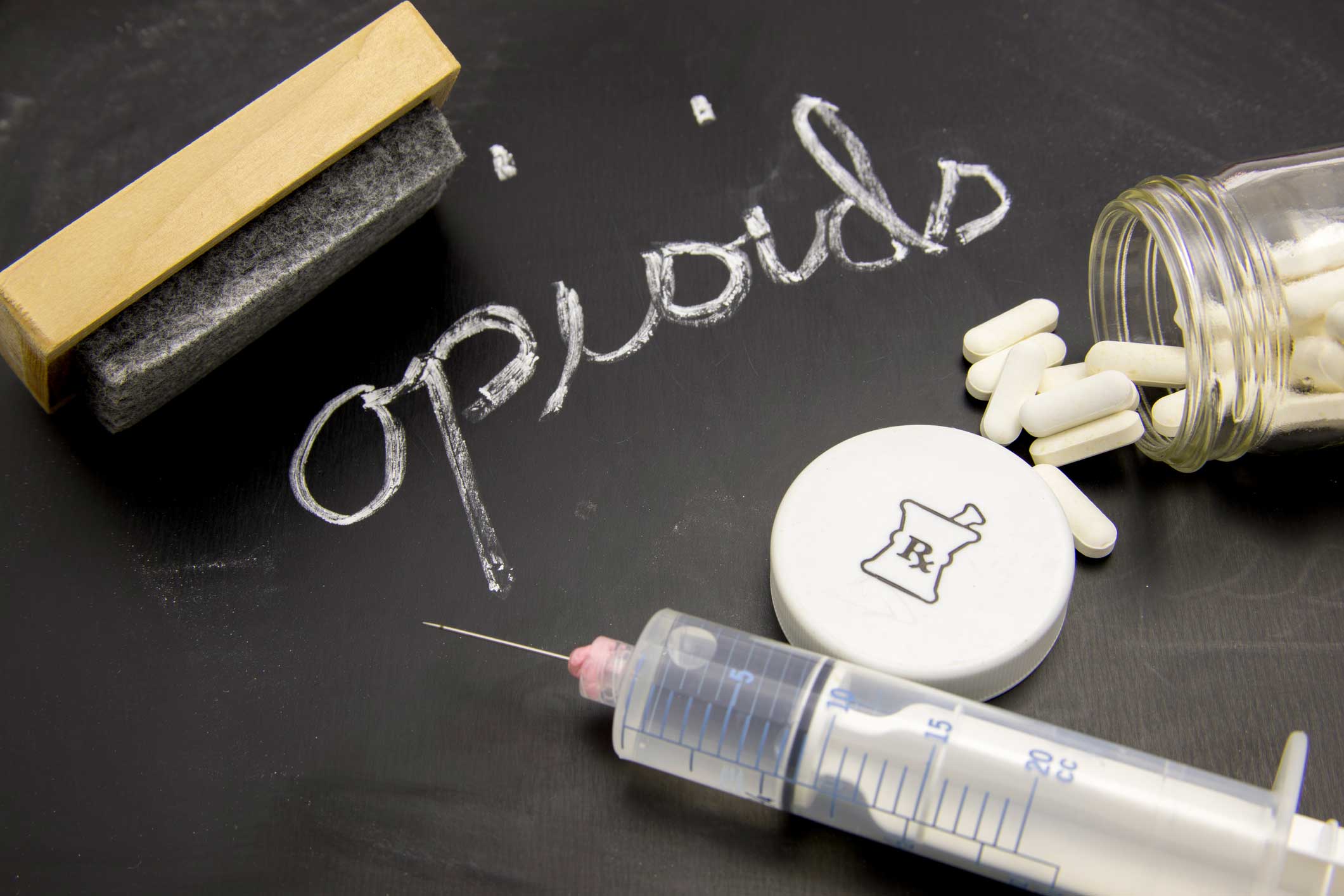President Trump officially declared the nation’s opioid crisis a public health emergency Oct. 26, stopping short of issuing a national disaster declaration as originally promised.
“As Americans, we cannot allow this to continue,” he said. “It is time to liberate our communities from this scourge of drug addiction. Never been this way. We can be the generation that ends the opioid epidemic. We can do it.”
But while some addiction and public health leaders call the president’s announcement a good starting point, many are concerned that, unlike a national disaster declaration, funds to help fight the crisis won’t be immediately available and could get tied up in congressional gridlock.
“It’s a positive step,” said Hartford HealthCare Behavioral Health Network Senior Vice President Pat Rehmer. “But it’s a bit disappointing because every state, including Connecticut, needs the money right now to deal with this issue. We’re headed for more than 1,000 opioid related deaths this year in Connecticut alone. I’m not unhappy that he’s calling it a public health crisis. We’ve been calling it that for years. But without any immediate funding, there’s really nothing there.”
The declaration of a public health emergency means some grant money would be available for communities to fight opioid abuse, the expansion of telemedicine in rural areas to help patients who might not have access to treatment services, and the ability for states to fund additional addiction specialists.
Rushford Medical Director J. Craig Allen said he’s encouraged by the announcement and looks forward to more concrete recommendations expected next week from the President’s Commission on Combating Drug Addiction and the Opioid Crisis.
“The president’s declaration brings needed attention and urgency to the opioid overdose epidemic,” he said. “Drug overdose is the leading cause of death for Americans under the age of 50, and the number of opioid overdose related deaths has surpassed the number of deaths from HIV at the height of that epidemic. This declaration opens the door for federal grant money and suggests a lowering of barriers to residential substance use care and the use of telemedicine for prescribing medication-assisted opioid treatment. However, there are no current dollars attached.”
Though Rehmer said the emergency declaration is a positive step, she remains concerned that the Trump administration’s continued push for cuts to Medicaid — a major tool in helping state’s fight the opioid crisis — will have a devastating impact on those battling addiction.
“That’s a major concern especially in Connecticut,” she said. “There is a large population of patients with substance abuse disorders covered through Medicaid expansion [under the Affordable Care Act]. They will lose coverage and access to care [if cuts are approved]. If we do receive federal dollars under the president’s plan for the crisis, I would love to see it come in the form of grants for people who don’t have insurance. But I don’t think that’s coming any time soon.”
Rehmer said, in many cases, local communities and addiction agencies have been relying on private donations to help fight the opioid crisis, such as a recent gift from the Community Foundation of Eastern Connecticut (CFECT) to supply Narcan to families of Natchaug’s Care Plus site and first responders in New London.
“Natchaug and Rushford have been very successful in securing funds to help us battle this crisis. But, there are only so many times we can ask a foundation for money for this,” Rehmer said.

